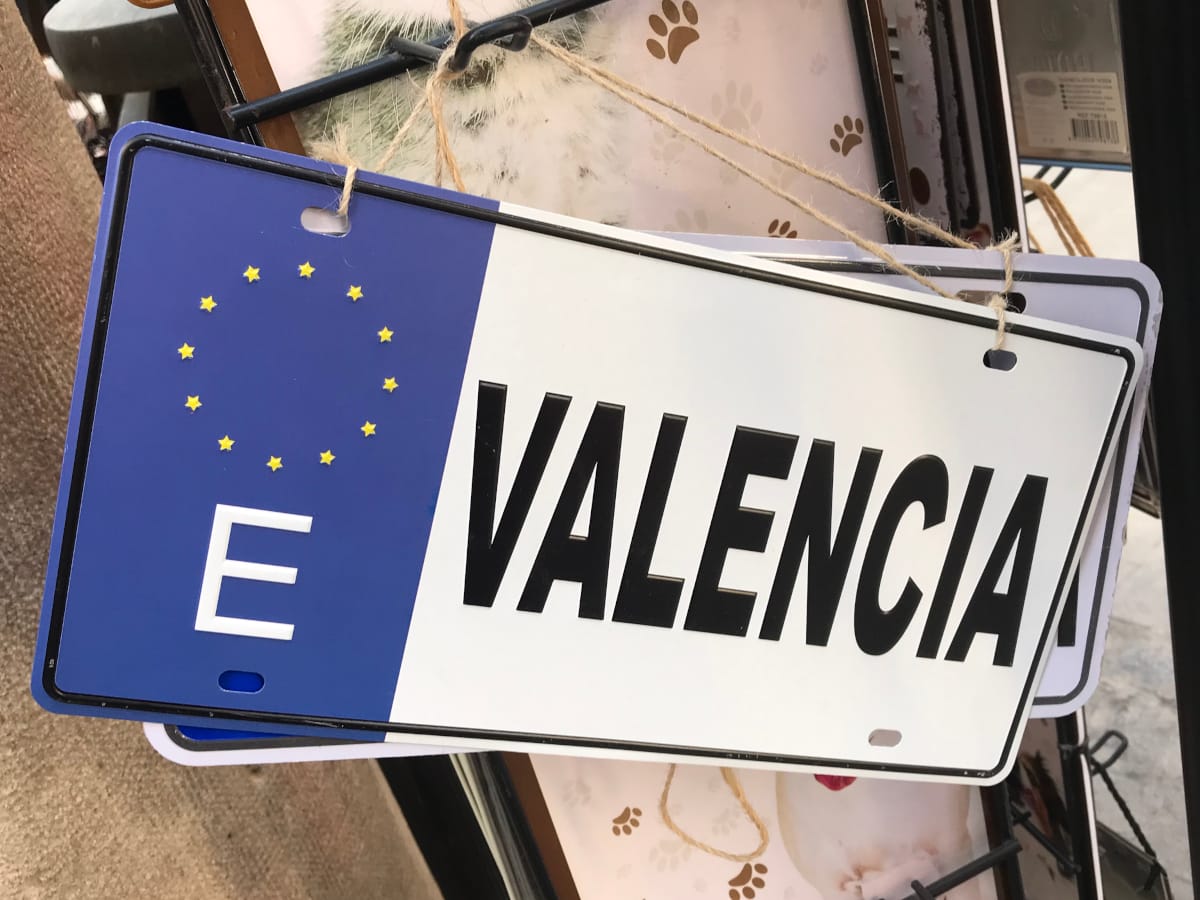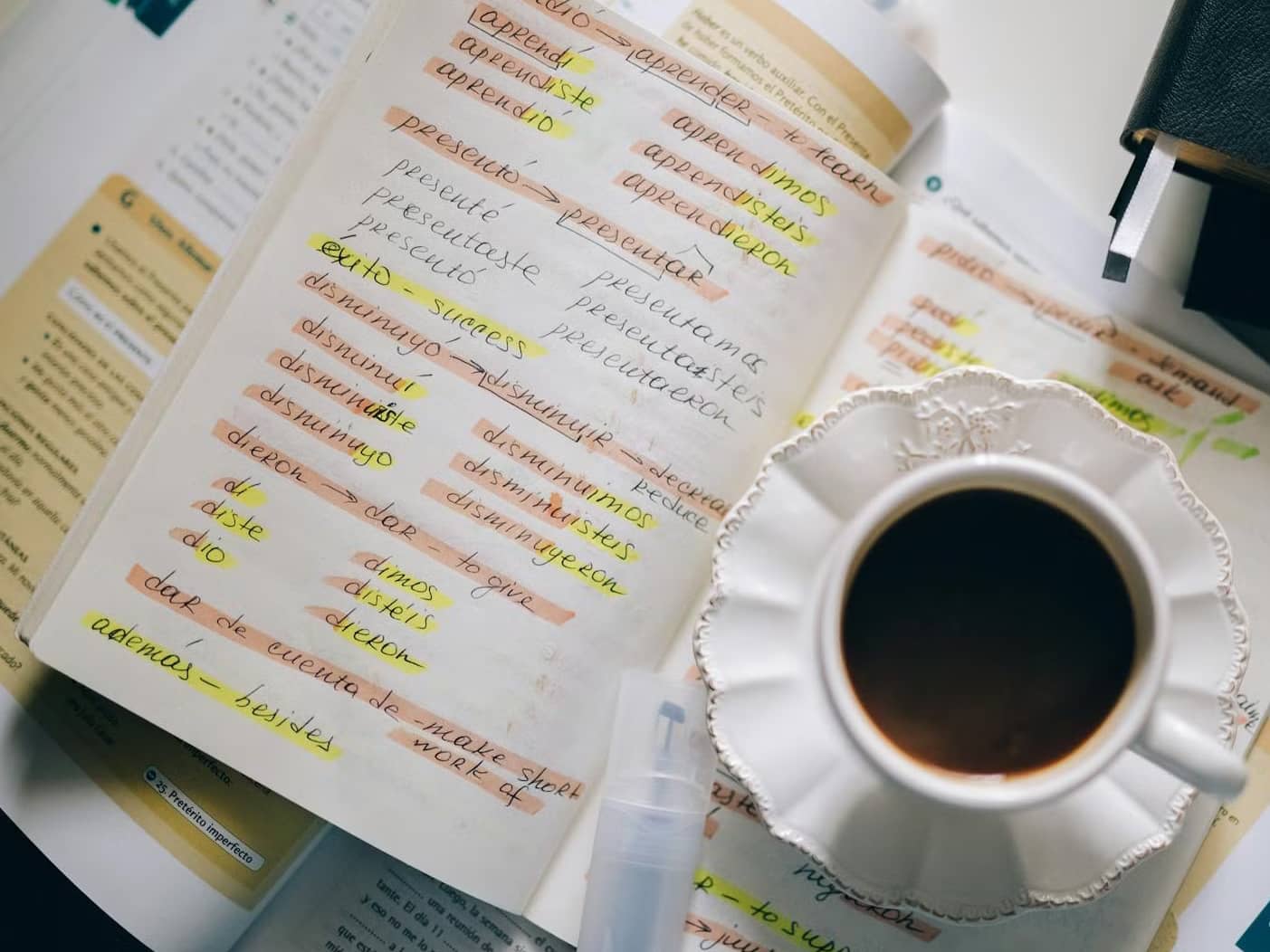Making the talk in your sleep
Caminar (to walk): Yo camino, tú caminas, el/ella/usted camina, nosotros caminamos, vosotros camináis, ellos/as/ustedes caminan
– I walk, you walk, s/he walks, we walk, you (all) walk, they walk.
Waking up, the words above are running through my thoughts. Are they correct? I looked at Conjuga caminar en español to confirm. That’s a present tense which follows a regular pattern.
I first remember seeing the word “Conjugate” as a middle-school student in an assigned reading. By way of a quick plot synopsis, a young boy at a prep school was caught cheating during his Latin exam. He was afraid of failing due to not remembering all the conjugations. Here’s a link so you can read “So Much Unfairness of Things” by C. D. B. Bryan.
“What,” I thought, “is that?” when I came across the concept. Though we were taught English grammar, I hadn’t run across the word meaning to conjugate. Or maybe my mind was somewhere else the day when it was mentioned. Also, I apparently skipped other terms like “preterite,” which is a past tense. Not being an English major or linguist, I apparently missed out on a lot.
Escribir (to write): Yo escribo, tú escribes, él escribe, nosotros escribimos, vosotros escribáis, ellos escriben
– I write, you write, he writes, we write, you (all) write, they write.
Anyway, here’s a quick definition of conjugation: The variation of the form of a verb in an inflected language such as Latin, by which are identified the voice, mood, tense, number, and person. Thanks, Google. For these exercises there are six subject types and multiply those by tense types, e.g. future, past perfect, conditional, etc. It’s mind boggling for the monolingual English speaker that I am.

Years ago, I was trying to learn Italian for my university studies in Rome, Italy. My wife, being the Italophile she is, plunged into her own classes and became rapidly overwhelmed. I was sure I was going to fail my language courses, as well. Some how I persevered, so much so that now when I forget something in Spanish, the Italian word leaps into my head unbidden. There’s some overlap, but not much. What does help, however, is that the grammatical structure of the Romance languages are fairly similar. I’m not saying they are exactly the same, just close enough to help jump-start understanding some concepts.
Estudiar (to study): Yo estudio, tu estudias, ella estudia, nosotros estudiamos, vosotros estudiáis, ellos estudian
– I study, you study, she studies, we study, you (all) study, they study.
Like many others, I relied on Duolingo to get some basic vocabulary. It works as an introduction, but relies heavily on Latin-American Spanish. Additionally it omits the “you all” (second-person plural) to simplify things for its users. Since English uses the “You” pronoun interchangeably in the single and plural sense, that can be confusing to the neophyte. As a consequence, I’m a lot better at reading than listening and speaking.
When I first arrived in Valencia, I was advised to do at least a month of rigorous Spanish courses. This was during the final stages of the COVID outbreak and teachers and pupils still wore masks. That made it doubly hard to follow. After completing a week, other concerns pushed my structured learning to the back burner for three years.
Finally, I have the wherewithal and time to return to a month of intensive-level classes at ELE Aleph. The first day’s two-hour session left my mind reeling. It’s been a long time since I sat in a classroom. I had also developed the bad habit of tuning out the Spanish around me since I didn’t understand so much of it.

Mercedes, our teacher, is incredibly patient with us students. We constantly fumble through badly conjugated verbs and mispronounced Spanish nouns and adjectives in our attempts to convey some meaning. The damage we do to the language of Cervantes must be trying at times.
She, in turns, nods approvingly or in approbation as I force a Spanish sentence into being. Like Frankenstein’s creature, it’s a stitched-together monstrosity. Quick trivia note, did you know that the monster is unnamed – so it’s not “Frankenstein” – and can talk in the book proficiently (Frankenstein’s monster – Wikipedia)? The character was muted for the film adaptation. Here’s another factoid that’ll get you points on Jeopardy, a U.S. television quiz-game show: The book’s other title is “The Modern Prometheus.”
Desayunar (to breakfast): Yo desayuno, tú desayunas, ella desayuna, nosotros desayunamos, vosotros desayunais, ustedes desayunan
– I breakfast, you breakfast, she (has) breakfast, we breakfast, you (all) breakfast, they breakfast.
But I digress. Pronouncing desayunar (dehs-ah-yoo-NAHR) turns it into a horrible aberration. It’s a word I just can’t get it in my head correctly. In talking about the 2024 floods, I slaughtered the pronunciation of inundaciones. I had to repeat the word for floods several times until I got something resembling the original. Did I mention I’m a news junkie? A lot of my vocabulary comes from the subtitulos of Spanish TV newscasts and news sites. Who really talks that way in real life?
Ir (to go): Yo voy, tú vas, usted va, nosotros vamos, vosotros vais, ellos van
– I go, you go, he [formal] goes, we go, you (all) go, they go.
As my mind returns to conjugating, there’s the constant tension between regular and irregular verbs. The latter sometimes don’t follow any consistent pattern and you just have to memorize the variations. As an adult learner, I’m envious of the two-year old I hear on the street. Even within the baby talk, she is having a conversation with her parent that puts me to shame.
And with that, I roll over and try to get back to sleep.
Salir (to leave or go out): Yo salgo, tú sales, ella sale, nosotros salimos, vosotros salís, ellas salen
– I leave, you leave, she leaves, we leave, you (all) leave, they leave.



Leave a Reply